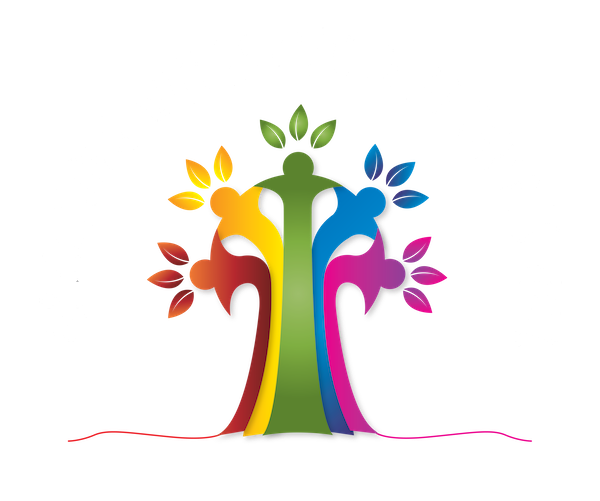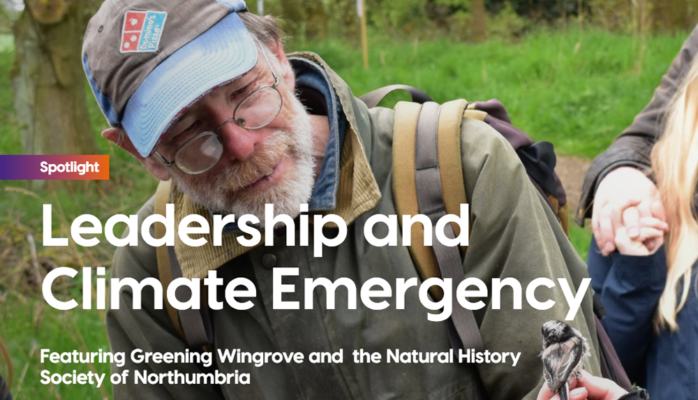From ‘Grotspot’ To Hotspot
Arthur’s Hill and Wingrove resident efforts to ‘green’ their neighbourhoods have been recognised across the region, on the cover of a magazine special on leadership and climate change.
In a spotlight on how community organisations have come together to create ‘vital green spaces’, the magazine features an interview with Greening Wingrove & Arthur’s Hill (GWAH) chair, Nigel Todd.
He talks about how residents originally came together to tackle “the mountain of litter, waste and flytipping” overwhelming the area, which led it to being dubbed a UK ‘grotspot’ four years ago.
Despite local discontent, Nigel admits it was an uphill task getting people involved in doing anything about it.
What turned things around was a focus on allowing residents to develop “confidence and local pride” through projects with a ‘green focus’, such as the planting of a community orchard and establishment of a community garden in Nuns Moor Park, or encouraging people to grow gardens in terraced streets or their own back yards.
“This made it possible to challenge the litter and the grot,” he says. “There’s still a way to go, but we’re making an impact. We’re not giving up.”
The article in Connected Voice magazine – a new publication targeted at Newcastle and Gateshead’s voluntary, community and social enterprise sectors – looks at how an emphasis on responding to climate change underpins all of GWAH’s work.
“It all contributes to adjusting how we treat the planet, both through our lifestyles and by demonstrating care for our immediate environment,” says Nigel.
The feature highlights some of GWAH’s achievements in the last few years including a partnership with Vertical Veg North East, Friends of Nuns Moor Park, resident litter pick groups, schools link-ups, a Prime Minister’s award to eight year old Wilf Chaffey and our most recent project, Wild West End.
Wild West End made headlines of its own recently, with a piece in the Chronicle looking at five things people can do to protect wildlife locally. The project aims to improve the survival chances of at-risk animal species by creating habitats that will encourage them to survive in an urban area. Last year it worked with Dame Allan’s schools in Fenham and Spital Tongues, where students discovered they had hedgehogs living at both sites and were able to contribute to protecting them.
GH

